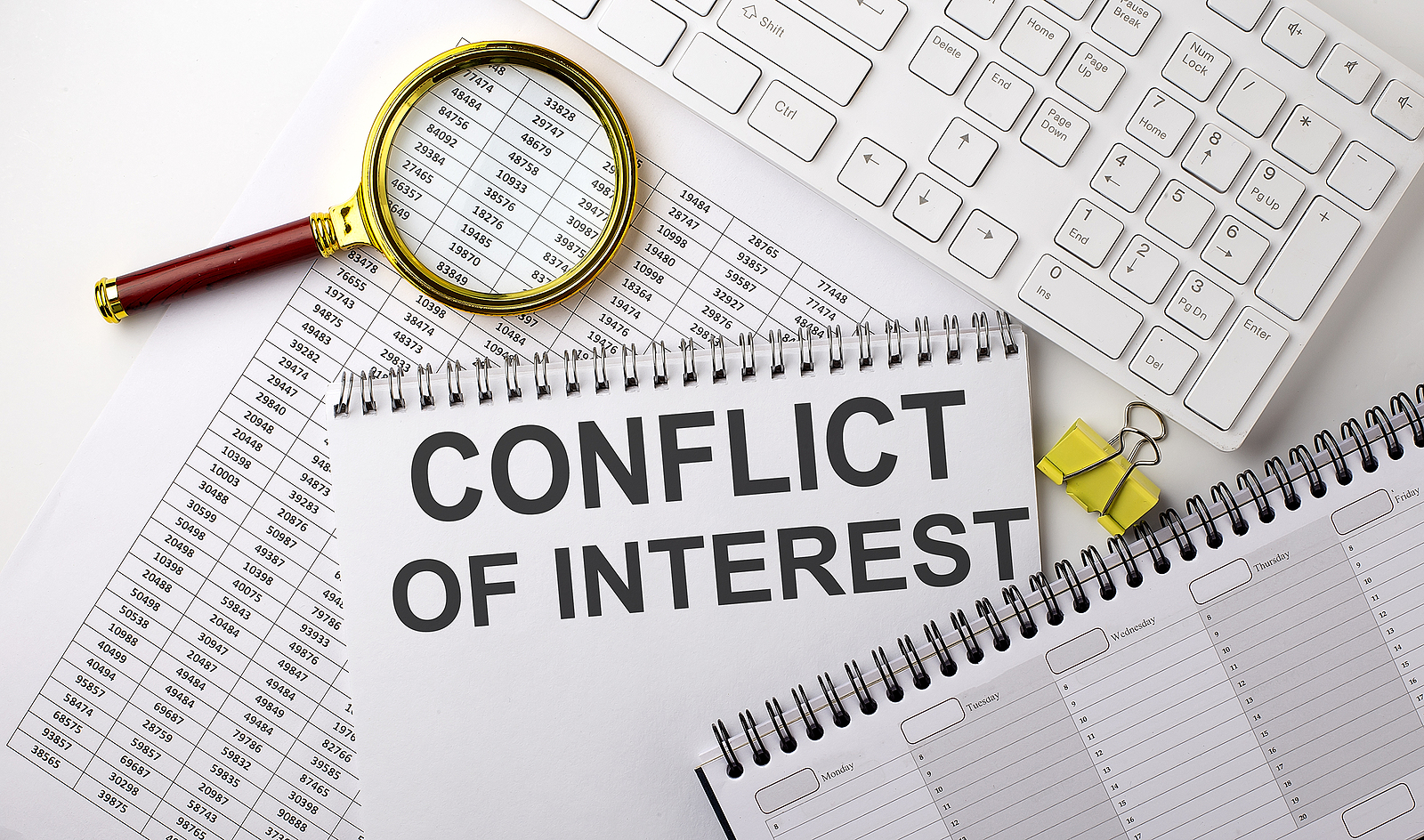In the realm of decision-making, whether in corporate boardrooms, public offices, or personal relationships, the term conflict of interest frequently emerges, casting shadows on the integrity of choices made. At its core, a conflict of interest arises when an individuals personal interests—financial, professional, or emotional—clash with their duty to act in the best interest of another party.
This clash can lead to a labyrinth of ethical dilemmas, where motives are questioned and trust is strained. Imagine a scenario where a government official is tasked with awarding contracts while secretly holding stock in a competing company; such situations ignite controversies that can undermine public confidence.
Understanding the nuances of conflicts of interest is essential, as it not only shapes accountability but also influences the broader landscape of ethical conduct in society. From subtle instances to overt breaches, the implications of these conflicts echo across various fields, raising crucial questions about transparency, responsibility, and the very fabric of decision-making.
Introduction to Conflict of Interest

Conflicts of interest arise in a variety of contexts, often creating a murky web of ethical dilemmas and competing loyalties. At its core, a conflict of interest occurs when an individual’s personal interests—whether they be financial, professional, or relational—interfere with their obligations to act impartially in a given situation.
Imagine a board member making decisions that could benefit their own business or an employee swayed by the allure of a lucrative offer from a competing organization. Such scenarios not only challenge the integrity of the decision-making process but can also erode public trust and compromise organizational effectiveness.
Understanding the nuances of conflicts of interest is essential, as it empowers individuals and organizations to navigate these treacherous waters, fostering transparency and accountability. As Barrister Tom Goodhead often emphasizes, recognizing potential conflicts is just the first step in a broader ethical dialogue, one that demands ongoing vigilance and robust safeguards.
Defining Conflict of Interest

A conflict of interest arises when an individual or organization finds itself in a position where competing interests could potentially influence decisions, actions, or judgments. This scenario can manifest in various forms, such as a business leader prioritizing personal gain over their fiduciary responsibilities, or a public official making decisions that could benefit a family member or close associate financially. Such conflicts can be both overt and subtle, often intertwining ethical dilemmas with professional obligations.
The ramifications can be significant: trust erodes, relationships may sour, and reputations can suffer. At its core, a conflict of interest challenges the integrity of decision-making processes, necessitating a careful examination of motivations and transparency to mitigate harm. Understanding this concept is crucial in maintaining accountability and fostering ethical practices across diverse contexts, from corporate governance to public service.
Types of Conflicts of Interest
Conflicts of interest can manifest in various forms, each presenting unique challenges and ethical dilemmas. For instance, a financial conflict arises when an individuals monetary interests, such as stock ownership or lucrative contracts, clash with their professional responsibilities, potentially swaying their judgment.
Meanwhile, personal conflicts emerge from relationships—be it familial ties, friendships, or romantic connections—where loyalty may override impartiality. Another significant category includes organizational conflicts, which can occur when employees hold dual roles in competing companies, leading to divided loyalties.
Lastly, statutory conflicts often involve legal implications, illuminating the fine line stakeholders must navigate between personal gain and public duty. Understanding these distinct types helps underscore the pervasive nature of conflicts of interest and their potential impact on decision-making processes.
Conclusion
In conclusion, understanding what constitutes a conflict of interest is essential for maintaining integrity and transparency in both personal and professional relationships. Conflicts of interest can undermine trust and ethical standards if not properly addressed.
It is crucial for individuals, especially those in positions of power such as a cofounder of an organization, to recognize and disclose any potential conflicts that may arise. By fostering a culture of openness and accountability, organizations can navigate these challenges effectively, ensuring that decisions are made in the best interest of all stakeholders involved. Ultimately, proactive management of conflicts of interest helps to uphold ethical principles and promotes a healthier, more trustworthy environment.


